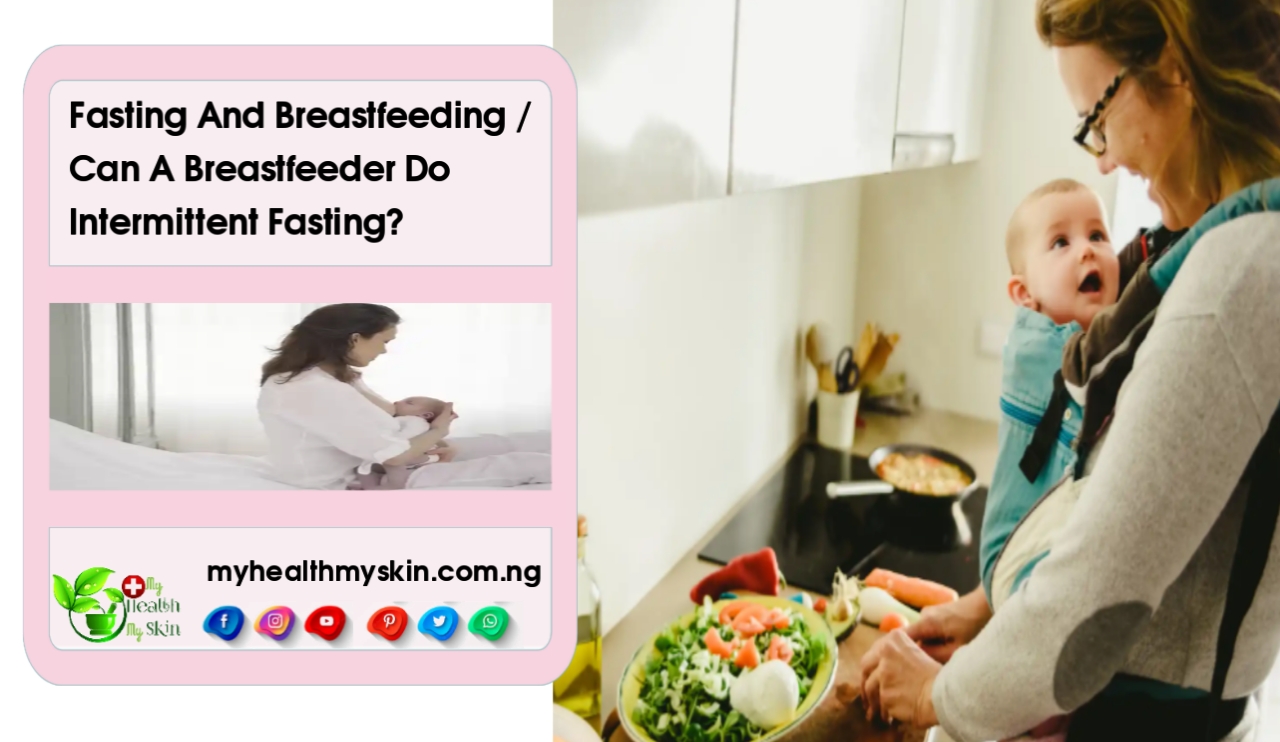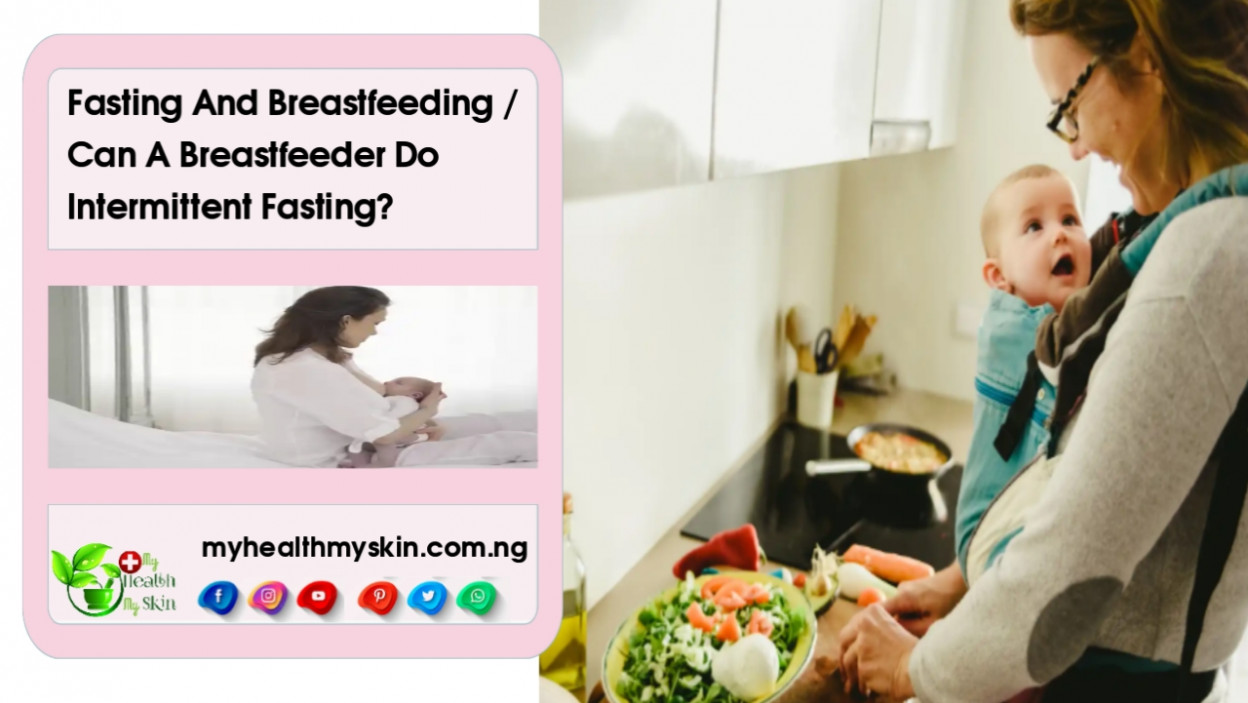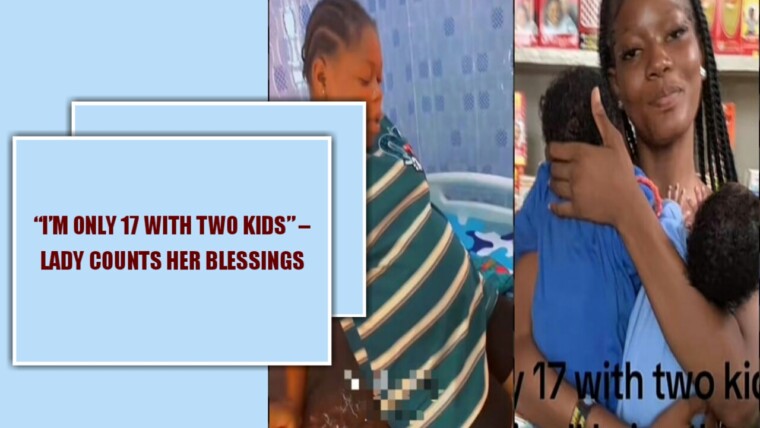If, while pregnant, the woman needs to take care of her baby, when giving birth, she also needs to exercise certain care, since the baby continues to depend on her through breastfeeding.
Therefore, mothers who want to encourage weight loss during pregnancy through a new diet may ask themselves: Is it safe to do intermittent fasting while breastfeeding or not?
Or is intermittent fasting bad for breastfeeding mothers and/or their babies? Stay with us because that’s what we’re going to talk about in today’s article!
About Intermittent Fasting
According to nutrition researcher Kris Gunnars, intermittent fasting is a food program in which a person alternates periods of eating with periods of fasting.
“No food is allowed during the fasting window, but you can have water, coffee, tea and other non-alcoholic beverages. Some ways that intermittent fasting works allow small amounts of low-calorie foods during the fasting period”, added the researcher, who further clarified that there are several different methods of the food program.
So, can breastfeeding mothers do intermittent fasting?
Breastfeeding consultant Rachael Sablotsky Kish said that while it is even possible to do intermittent fasting while breastfeeding, she does not recommend that a woman follow the method.
More than that, Sablotsky said he suggests that the mother not diet in general while breastfeeding. According to her, the ideal is for women to have a healthy diet rich in nutrients.
The breastfeeding consultant stated that a healthy diet is important for the mother’s well-being, as breastfeeding is a very demanding process for the woman, both physically and emotionally.
Sablotsky also emphasized that a well-nourished mother is able to offer more to her baby, on emotional and playful levels, in addition to being more likely to breastfeed over a longer period of time.
Impairments In Relation To Milk Supply, Nutrients And Calories
For nutritionist Lily Nichols, breastfeeding and intermittent fasting are two incompatible things.
At least in the period of exclusive breastfeeding and while the baby is highly dependent on the mother’s nutrition (for mothers who choose to breastfeed for a long term and depending on how quickly the baby receives solids, it could be a year, 18 months or more).
Nutritional needs, including numerous micronutrients, are greater during breastfeeding and postpartum recovery than during pregnancy,” added the expert in responding to a question from an internet user on the subject on her website.
In the same vein, nutritionist and spokeswoman for the US Academy of Nutrition and Dietetics, Torey Armul, warned that intermittent fasting is something a woman should avoid while breastfeeding her baby.
But why shouldn’t you follow the food program while breastfeeding?
The nutritionist explained that intermittent fasting can be dangerous during this period because it restricts the amount of food and liquids for both mother and baby, while breastfeeding is a process that requires a continuous supply of liquids and calories for the supply of breast milk is supplied and the needs of the woman’s organism are also met.
A spokeswoman for the Dietetic Nutrition Academy of the United States also clarified that limiting the amount of food and fluids through any type of fasting can decrease breast milk supply and lead to poor nutritional status, low energy levels and dehydration, since even if the fast in question allows you to consume water, food corresponds to approximately 20% of a person’s fluid intake. That said, these seven symptoms of dehydration are worth knowing.
Family doctor Batya Grundland warned that one of the risk factors for breastfeeding difficulties and low milk supply is not eating or drinking enough. What can be easier to occur through a diet with greater restrictions, right?
One example of this is that as some women interviewed about religious fasting during the period of Ramadan stated that their milk supply decreased during this fast.
A survey, authored by scientists from Jordan and the United Arab Emirates, found that women who fast may not be able to ingest adequate amounts of macronutrients and micronutrients.
According to Armul, when a baby is fully breastfed, a woman’s body will need approximately 500 more calories daily. The exact amount depends on her size, physical activity level and breastfeeding demands.
During breastfeeding, women need to consume a wide variety of foods, favoring those that offer significant amounts of protein, calcium and iron. Both the extra calorie consumption and this more varied and nutritious diet can be made difficult when a woman can only eat within a shorter window of hours, as in intermittent fasting.
In Addition To Knowing If Breastfeeding Mother’s Can Do Intermittent Fasting
It is essential that the woman counts on the follow-up of the doctor and nutritionist throughout her postpartum recovery and breastfeeding so that she knows exactly what she can and cannot do and how her diet should work.
Of course, the extra weight resulting from pregnancy bothers many mothers and women certainly want to lose weight after pregnancy to return to the body they had before becoming pregnant.
However, it is better to dispose of it in a safe way, as instructed by the doctor and nutritionist, so that it does not cause problems for the health of the woman or harm the nutrition of the baby. So she can quietly enjoy the special moments next to her little baby.
Reader questions
Is It Safe To Do Intermittent Fasting While Breastfeeding?
Diets with restrictions, such as going without eating for a long time, can negatively affect lactating women. This is because to produce quality milk, in addition to ingesting a lot of water, it is necessary to have a good diet.
You May Also Like:
- Breast Lump: What Can It Be And What To Do
- How To Gain Weight While Breastfeeding Healthy
- How To Choose The Right Bottle For Baby
- Pain on Penetration During Pregnancy: Is It Normal?
- The Fertility Diet to Get Pregnant – How It Works, Menu and Tips
If you, mom, are concerned about passing the greatest amount of nutrients to the baby, thus ensuring his growth and cognition, intermittent fasting is not a good strategy, she says. There is also the possibility of some adverse symptoms, such as:
- Stomach burn;
- Headaches;
- Increase in anxiety levels;
- Even gain more weight.
And For The Baby?

Likewise, quality breastfeeding is important for the formation of the baby. For the first six months, he or she gets the nutrients he needs exclusively from breast milk.
Another essential macronutrient at this stage is carbohydrate, the main source of energy. As well as the micronutrients iron, iodine and vitamin B12.
From the sixth month onwards, the introduction of food begins: solid items, such as fruits and vegetables, begin to be part of the little one’s life.
There, some kind of diet to lose weight can already be thought of, provided that it is very cautious and with the help of experts. However, weight loss should not be the priority.
If you want to read more articles similar to fasting and breastfeeding: can a breastfeeder do intermittent fasting? Check all details here? We recommend you visit our Pregnancy category. Share on your social networks and stay tuned for upcoming articles.

Have You Ever Wondered If A Breastfeeder Can Do Intermittent Fasting? Have You Ever Followed This Diet? Comment Below!







